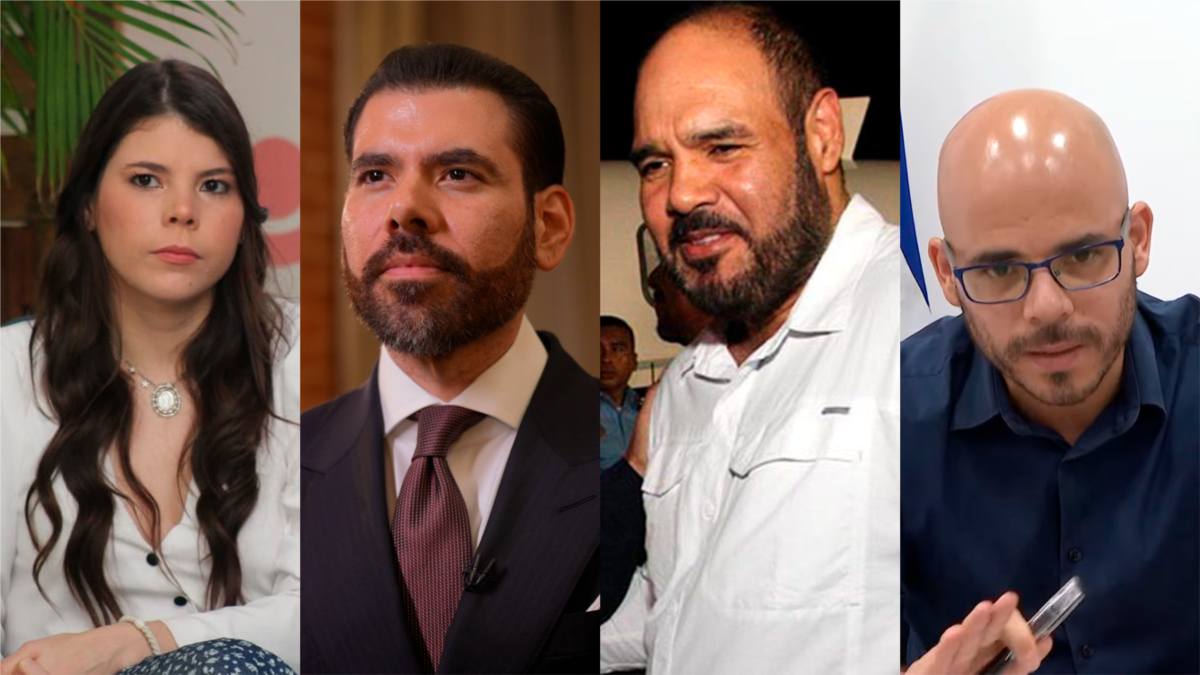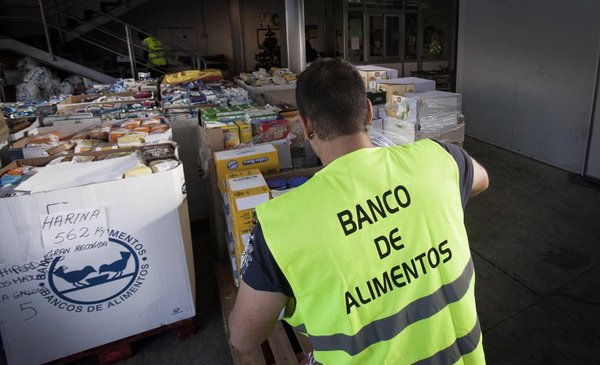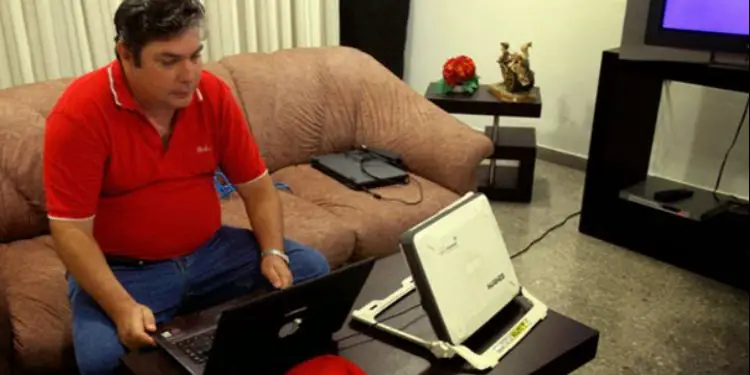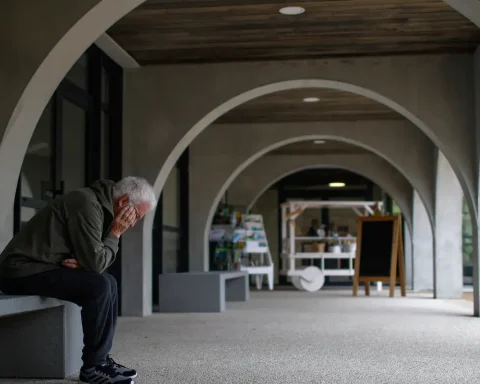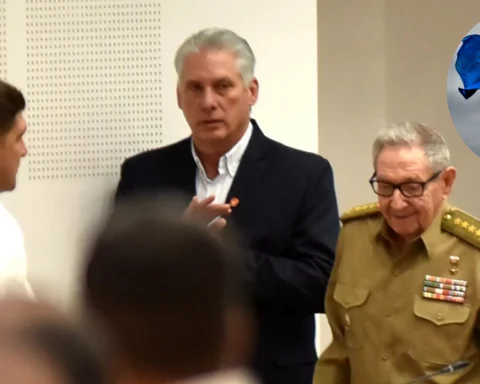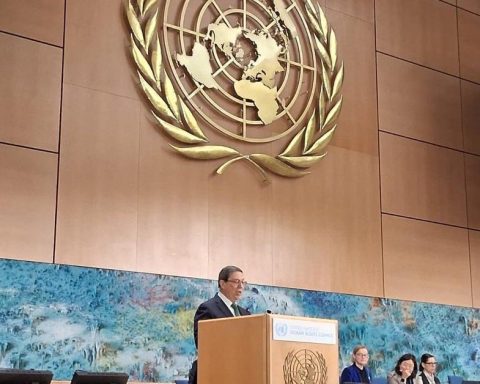In December 2021, barely a month after the re-election of Daniel Ortega for another 5-year term in the Nicaraguan presidency, two of his sons appeared in a report on the official television station in Managua that identified them as part of a official mission sent to Russia. The delegation also included Finance Minister Iván Acosta.
This after those elections had been designated as a farce by the international community, due in part to the previous imprisonment of several opponents, including seven presidential candidates.
In that delegation were Laureano Ortega Murillo, presidential advisor for Investment, Trade and International Cooperation, and Rafael Ortega Murillo, presidential delegate. On that occasion, both met with Russia’s Deputy Foreign Minister Sergei Ryabkoc.
And it was not the first nor the only time. Experts consulted point out that since Ortega’s return to power in 2007, his children appeared in state activities. They also state that their presence intensified from 2018, coinciding with the period of protests against the Ortega government.
More recently, Laureano Ortega was in charge of receiving the Russian Foreign Minister, Serguei Lavrov, at the airport. He also frequently appears at high-level meetings with Chinese officials.
On January 11 of this year, Laureano Ortega announced the signing of 4 important agreements with China, one of them related to cooperation on economic issues.
“Nicaragua and China have signed 4 important agreements for a bright future of cooperation, including the Belt and Road. Our President Commander Daniel and Vice President Comrade Rosario together with Comrade Cao Jianming sent a special from President Xi Jinping,” Laureano wrote on Twitter.
Daniel Ortega has at least nine children with Rosario Murillo, although three of them are not biological.
Of all of them, the only one that stays away from the political circle of the government couple is Zoilamerica Ortega, who denounced the Nicaraguan president for allegedly having raped her years ago.
But the rest of the descendants of the presidential couple hold positions as presidential advisers or direct communication channels at the service of the government.
Daniel Edmundo Ortega, for example, criticized journalists in 2022 that he described as “mercenaries, criminals and traitors to the homeland.” His comments came during an event organized by Russian propaganda media. Sputnik and RT, whom he assisted in his role as interlocutor for a rapprochement between the official Nicaraguan media and the Russian media through the so-called Communication and Citizenship Council created by his mother Rosario Murillo in 2007.
In December 2022, Ortega also granted full powers to one of his daughters, Camila Ortega Murillo, to sign a memorandum of understanding with the China-Latin America Cultural Exchange Center.
Through presidential agreement number 179-2022, Ortega granted his daughter full powers to serve as coordinator of the National Commission for Creative Economy.
What’s behind?
Arturo McFields, a former Nicaraguan diplomat who broke away from the Ortega government, told the voice of america that since 2018 there has been an important “readjustment” in the business of the Ortega-Murillo family and international relations.
McFields maintains that the presence of Ortega’s children is causing discomfort in some public officials due to their role before foreign delegations and in important events, while in other sectors Laureano, for example, is not being seen as another member of the family. “But they see him as the next president of Nicaragua or the next one who will be in charge of the dictatorship.”
“There is a sense of pride and relevance in feeling that they are close to him. When they are close to some family members, they feel that they are part of the iron ring of the dictatorship, which is not the case because all public officials are disposable. The only way not to be is to be part of the family,” says the former Sandinista official.
The United States has sanctioned at least four sons of Daniel Ortega: Rafael Antonio, in charge of the oil business, Juan Carlos Ortega, director of the company Difuso Comunicaciones SA; and Camila Ortega Murillo, director of Nicaragua Diseña.
Benjamin Gedean, director of the Wilson Center, a think tank based in Washington, assures that “the Ortega dictatorship is a family business” and therefore placing his children “is easier” to “steal the State’s patrimony, and make a palace coup less likely.”
The Ortega government did not immediately respond to a request for comment on the allegations.
Nepotism
According to the Public Servants Law, or Law 438approved in 2002 in Nicaragua, in all the Powers and institutions of the State and its dependencies, “no appointment may be made to persons who are related within the fourth degree of consanguinity and second degree of affinity with the authority that makes the appointment, and where appropriate, with the person from whom this authority emanated”.
The Nicaraguan sociologist María Teresa Blandón argues that the Ortega-Murillo couple has assumed that they are the owners of the State and see themselves as the owners of the country “and not only that they are the owners, but that, since life is finite and ends, well, that they would have the power to inherit it, in this case, to their children”.
Blandón mentions that, on the other hand, Ortega’s idea of placing his children in the first line of succession has to do with the fact that they do not trust anyone and obeys “a political strategy.”
“If it weren’t for the filial ties, which are usually so strong, they don’t trust anyone and the only people to whom they could delegate their power at the eventual moment of a negotiation in order to preserve their political-economic interests, would be placed in the children”, concludes the sociologist.
Connect with the Voice of America! Subscribe to our channel Youtubeand activate notifications, or follow us on social networks: Facebook, Twitter and Instagram.
